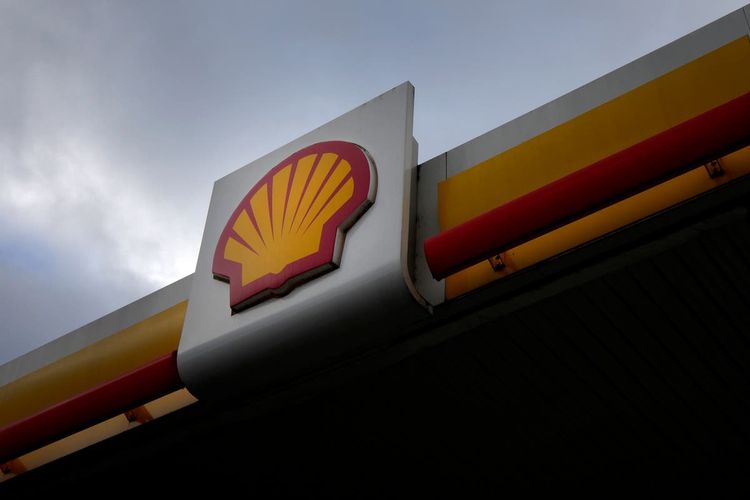Shell ditches lower oil production target but insists it's committed to cutting emissions

"Get Instant News Alerts Via Email For Free"
Get Our Free Breaking News Emails Now!
Shell has abandoned its plan to reduce oil production by 1-2% annually until the end of the decade. Rather than decreasing output, they have decided to keep it at the current levels. This decision may upset climate activists.
Aiming to give a progress report to investors in New York on Wednesday, the biggest energy corporation in Europe declared that it had already accomplished its 2021 objective by selling off some of its assets.
Shell, a company headquartered in London, has reported a decline in its production output from 1.9 million barrels of oil equivalent per day in 2019 to 1.5 million in 2022. This drop in production was due to several factors including the sale of its sites in the U.S. Permian basin to ConocoPhillips two years ago which resulted in a decrease of approximately 200,000 barrels of daily production.
According to the company, their goal of decreasing oil production by the year 2030 remains the same. They were able to achieve this objective eight years ahead of schedule.
The latest CEO, Wael Sawan, affirmed that Shell still has a strong dedication to reducing its carbon footprint. He emphasized the objective of transforming Shell into an energy company with zero net emissions by 2050.
In a statement, he declared that we are investing to supply dependable energy to customers at present and in the future, all while changing Shell so that it can excel in a future marked by low-carbon emissions.
Shell and other major oil companies are under mounting pressure from climate activists to take stronger action against harmful emissions. Demonstrators, including those who were physically removed from Shell's recent shareholder meeting in London, and others who faced police action during TotalEnergies' gathering days later, are among those who've voiced their concerns. As such, conventional oil strategies are being scrutinized and alternatives are being sought.
The advertising watchdog in the U.K. prohibited Shell's marketing campaign last week because it insinuated that most of its activities are centered around low carbon energy, despite the fact that the company primarily deals with fossil fuels.
Companies in the petroleum industry such as Shell, BP based in London and other entities have faced criticism for generating significant profits following the war between Russia and Ukraine, which caused energy prices to escalate, causing inflation to rise and contributing to a crisis related to the cost of living.
To keep up with the current levels of Shell oil production, it is necessary to invest as the production from already present reservoirs diminishes by approximately 5% each year.
Derren Nathan, the head of equity research at stockbrokers Hargreaves Lansdown, stated that while Shell has committed to stop gas flaring at its wells by 2025, some people may be let down by the fact that its oil production will not increase until at least 2030.
To improve the confidence of investors, Shell has announced that it intends to purchase back a minimum of $5 billion of its shares from shareholders in the latter part of this year. This comes after a period of poorer performance in the company's shares. Shell has also declared that it will increase its dividend payment to shareholders by 15%.
The company also announced a goal to decrease basic operational expenses by $2 to $3 billion by the year 2025 and trim down capital investments from $22 to $25 billion during 2024 and 2025.























































